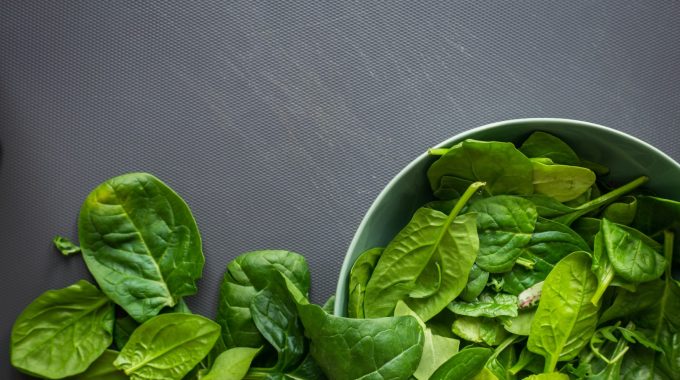Maintenance and Cooking Tips for Different Types of Cookware
When you shop for cookware, you will be overwhelmed by the wide-array of choices that you have. Cookware may be made of different materials such as aluminum, stainless steel and many others. Some materials are safe to use while others may pose some health risks if not properly maintained in good condition. That is why it is important that we understand how different types of cookware should be maintained and use.

Stainless steel
Stainless steel cookware is considered the most popular and safest choice in cookware. To maintain its quality, do not use abrasive materials when cleaning your stainless steel cookware. Abrasive materials can expose chromium and nickel components which could pose allergic reactions to people with nickel allergies.
Aluminum
Compared to other types of cookware, those made of aluminum are cheaper. They are also lightweight and good conductor of heat. However, the major drawback of aluminum cookware is that aluminum is reactive and foods cooked in it can react with the metal, forming aluminum salts which are associated with certain health problems such as Alzheimer’s disease and impair visual motor coordination. The more worn out your cookware, the more aluminum that will react to your food.
To lessen the bad effects of cooking in aluminum, avoid cooking acidic and salty foods in you aluminum cookware such as dishes with tomato, vinegar, lemon juice and wine. Also avoid storing your food in the cookware. As soon as the food is cooked, transfer it to another container. And when cleaning it, avoid using abrasive materials.
Copper
Most copper cookware is coated with another type of metal to prevent copper from reacting with the food especially acidic foods. More often, they coat copper with nickel which is definitely not the best choice for people who are allergic to nickel. If your cookware has too much scratches and abrasion or its coating is already scoured, don’t use your cookware anymore as it can affect your health.
Non-stick finishes
Cookware with non-stick finishes usually scratches easily and when scratched may release bits of inert plastic that will mix into your food. And when high heat is used in cooking, they might also release toxic fumes.
When shopping for cookware, avoid those with non-stick finishes. And if you already have one, only use it in cooking food at low heat. When your non-stick cookware has already too many scratches, consider replacing it.
Cast iron
When it comes to even distribution of heat, cast iron cookware comes first to mind. They are thick and dense resulting to even heating. Although it requires more time to heat this cookware up, cast iron is a good choice of cookware as they are very safe to use, not to mention that it can also be a source of iron which is an important nutrient for health.
For proper maintenance, keep your cast iron cookware coated with cooking oil. Do not use strong detergents when washing it. Wipe it dry immediately after rinsing.
Pottery Cookware
Pottery cookware such as crock-pots and terra cotta may be glazed with lead which is harmful to our health. As a rule of the thumb, pottery cookware with no lead glazed is a good choice. When shopping for pottery cookware, check if it is safe for food use and if it has lead glazing or none.
Plastic
Some people use plastic to microwave food. It should be noted that not all plastics are safe to use in the microwave. Some plastics may cause serious health problems when expose to high heat. Before using plastic in the microwave, make sure that it has a label saying it is microwave safe.

